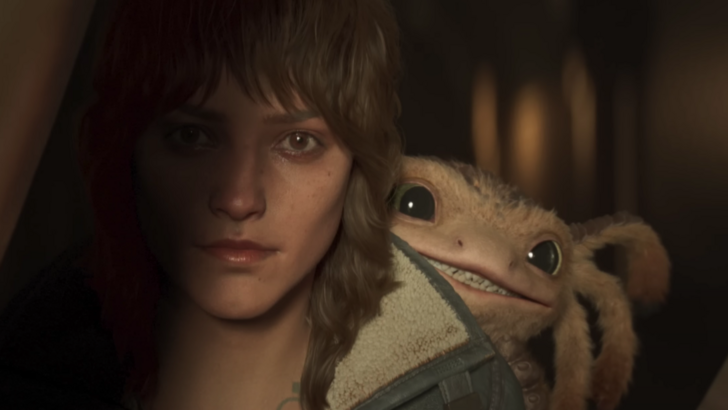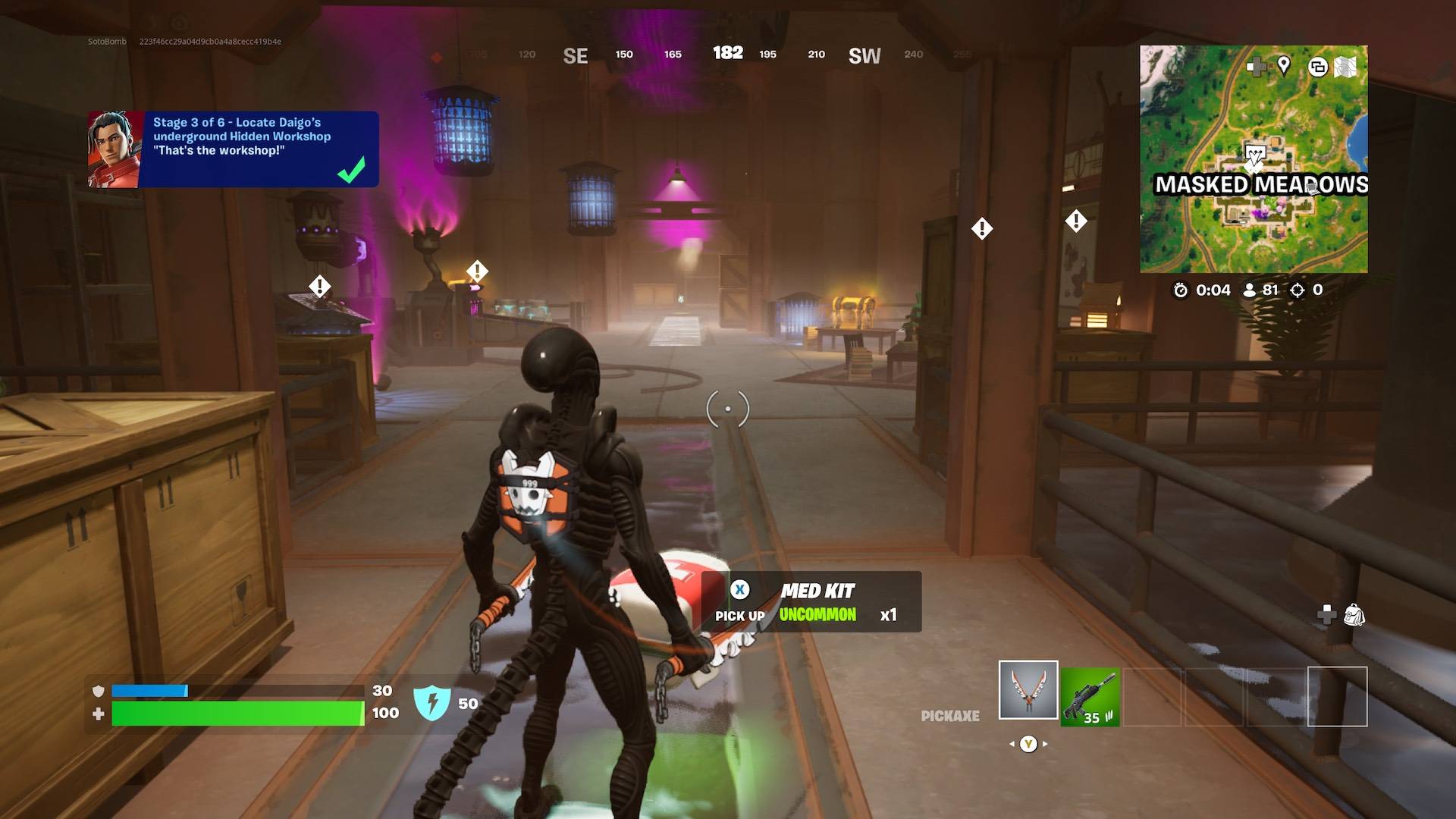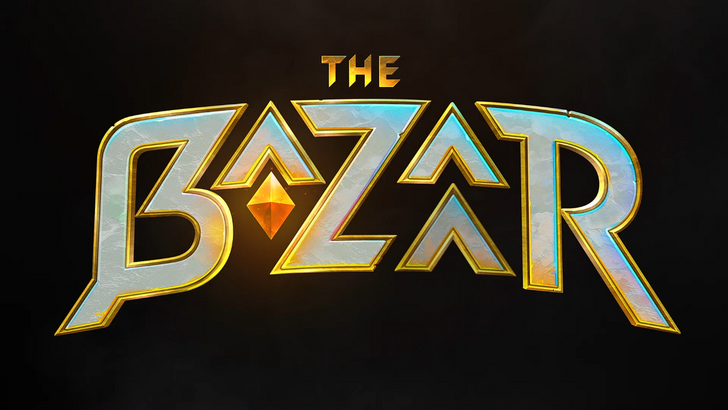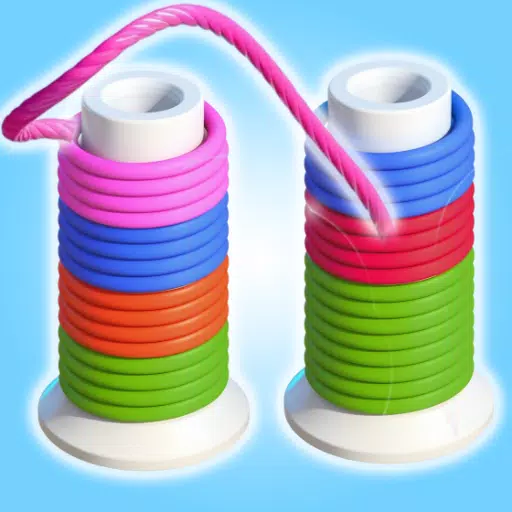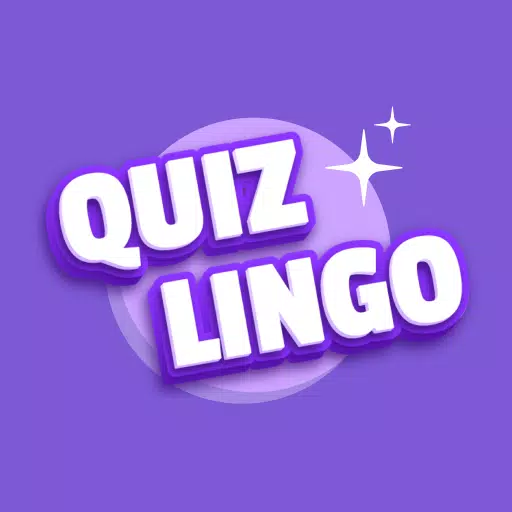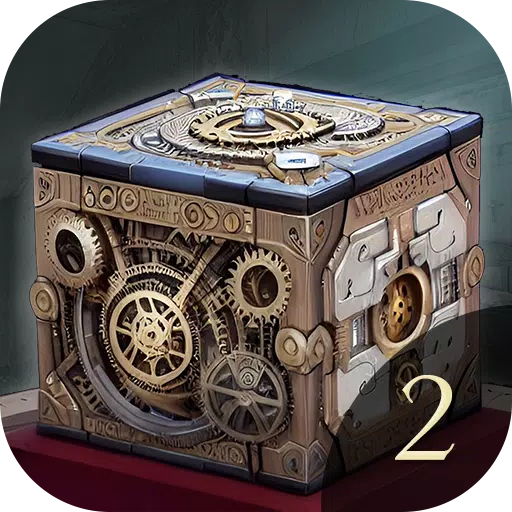Nintendo Exec Addresses Piracy, Emulation Strategies
Nintendo's aggressive stance against emulation and piracy is well-documented. Recent legal actions highlight this, including the $2.4 million settlement with Yuzu emulator developers in March 2024, the cessation of Ryujinx development in October 2024 following Nintendo's intervention, and the legal advice against a full Steam release for the Dolphin emulator in 2023. The infamous 2023 case against Gary Bowser, resulting in a $14.5 million debt to Nintendo, further exemplifies the company's commitment to pursuing legal action.
A recent presentation at Tokyo eSports Festa 2025 by Koji Nishiura, a Nintendo patent attorney, offered insight into the company's legal strategy. Nishiura clarified that while emulators aren't inherently illegal, their use can become illegal depending on their functionality. Specifically, emulators that copy game programs or disable console security measures may infringe on copyright laws, as defined under Japan's Unfair Competition Prevention Act (UCPA). The UCPA's limited jurisdiction, however, restricts Nintendo's legal reach outside Japan.
The presentation used the Nintendo DS "R4" card as a case study. This device allowed users to bypass security measures and run pirated games. Nintendo's successful lawsuit against R4 manufacturers and resellers, resulting in a 2009 sales ban in Japan, serves as a precedent. Nishiura also emphasized that third-party tools facilitating pirated software downloads within emulators, such as the 3DS's "Freeshop" or the Switch's "Tinfoil," also constitute copyright infringement.
Nintendo's lawsuit against Yuzu cited one million pirated copies of The Legend of Zelda: Tears of the Kingdom, alleging that Yuzu's Patreon page generated $30,000 monthly through premium features, including early access and unreleased content for pirated games. This highlights the connection Nintendo draws between emulator development and software piracy.
Latest Articles











